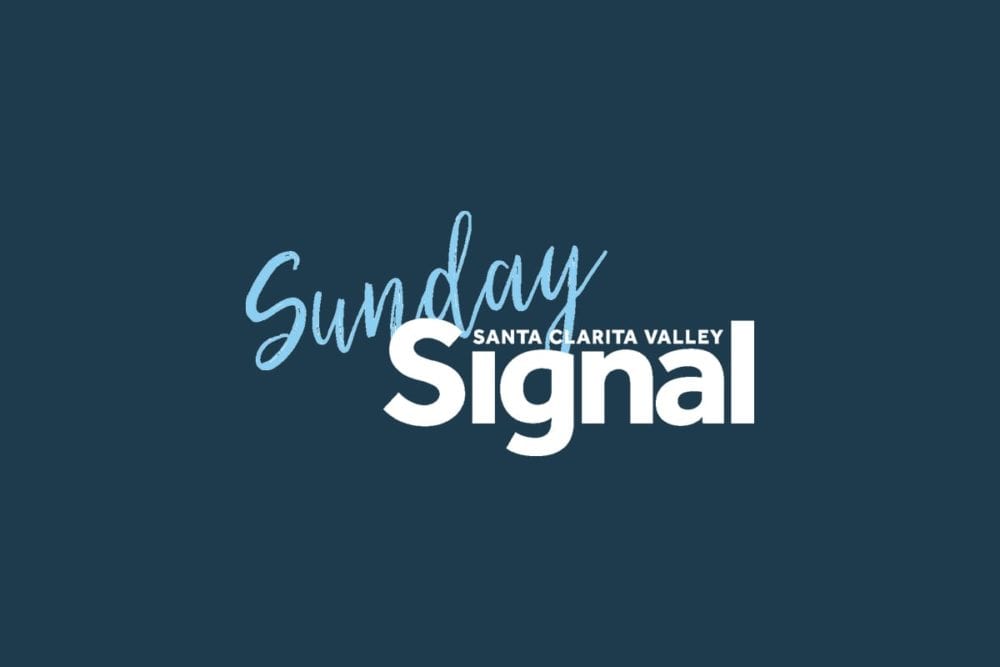By Kim Komando, Signal Contributing Writer
Here’s a cynical expression we can assume all phishing scammers keep in mind: “Never let a good crisis go to waste.” Even in light of a global pandemic, the worst of the worst are still trying to steal money from innocent people.
Scammers are now preying on the financially desperate with deceptive emails that claim to be from the U.S. government.
The scammers use realistic government formatting in their messages to gain trust from their victims. The criminals then ask for bank information, Paypal accounts or Social Security numbers so they can “deposit the check.”
But all this is nothing more than a scheme. If you respond or interact with one of these messages, instead of receiving $1,200 from the U.S. government, you’ll have $1,200 stolen.
Fake checks, too?
That’s not the only tricky scam making the rounds at this time. Several people in Florida reported receiving what looked like a COVID-19-related stimulus check in the mail for a whopping $3,000, which is more than any of the legitimate checks for individuals.
The check appears urgent, with multiple stamps like “time sensitive” and “do not bend” on the envelope. But upon closer inspection, the check isn’t even a check at all, but one of the most cynical advertisements of all time.
The checks include a letter advising recipients to claim their stimulus incentives in person at a specific address. When recipients looked up the address, they found it was a used car lot.
How can I protect myself
from these scams
The best defense against any criminal phishing scheme or fake check in the mail is to know what you’re up against and avoid it at all costs. For the fake letters, just remember to pay close attention to any mail you receive.
As for the fake texts and messages, these scams are primarily sent via email, text messages and WhatsApp alerts. It’s important to remember the U.S. government will never contact you through these channels. The government tends to prefer snail mail or emergency alerts.
In the case of fake checks, keep in mind that the government hasn’t sent anything out as of yet. If you get a check that looks like your COVID-19 stimulus before at least mid-April, there’s no doubt it’s a phony.
Plus, under the current legislation, you might not even have to sign up to receive a stimulus check. The government is expected to use direct deposit information already on file with the IRS, and will mail checks to the addresses listed in 2018 or 2019 tax returns.
Though this isn’t 100% set in stone just yet, it may surprise you to learn some tech companies may be taking a roll in disbursing the money.
Regardless, you won’t be asked by the government to provide personal information like your Paypal account, much less your Social Security number, over an insecure form of communication like emails or text messages — but not everyone knows that.
For information on Kim Komando on today’s digital lifestyle, from smartphones and tablets to online privacy and data hacks, visit her at Komando.com.













